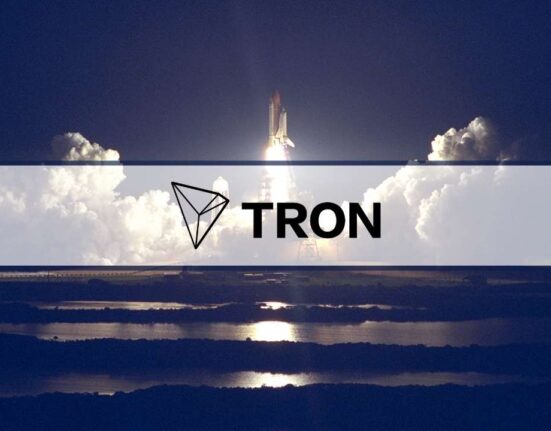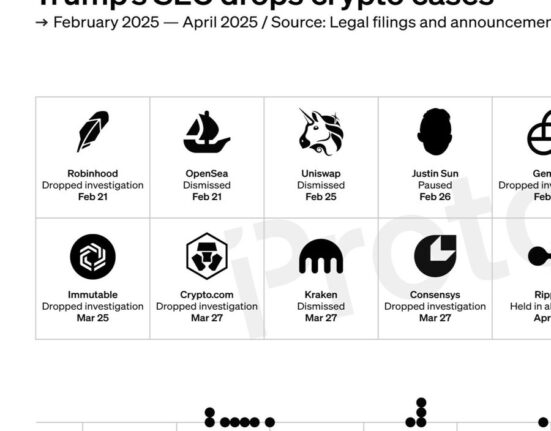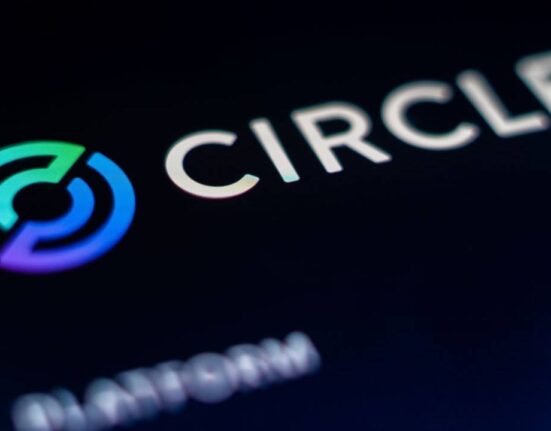Marathon Venture Partners, a venture firm in Athens that prides itself on being “day one partners to Greek tech partners,” just closed its newest fund with €75 million in capital commitments, according to partner Panos Papadopoulos.
The vehicle brings the firm’s total assets under management to €175 million — a meaningful amount for an eight-year-old, seed-stage investor in Greece and a reflection, too, of some sizable exits. Among them was the sale last year of Marathon’s portfolio company Augmenta to CNH, a maker of farm machinery and construction equipment in a cash deal that valued Augmenta at $110 million. Marathon also sold some of its shares in Hack the Box, a cybersecurity upskilling and talent assessment platform, to the investment firm Carlyle in a secondary transaction.
We chatted with Papadopoulos ahead of an in-person sit-down with him as part of TechCrunch’s first StrictlyVC evening in Athens on Thursday, May 8, a night that will also include a deep dive with Greece’s prime minister, Kyriakos Mitsotakis. What we wanted to know — and what the central questions will be Thursday night — is: why Greece, and why now?
Greece has historically seen less venture investment than other European countries. What, if anything, has changed locally that enabled you to raise a €75 million fund when global fundraising has become more challenging?
For starters, Marathon I is a top percentile performer globally in [realized returns]; we built a portfolio that captured the current zeitgeist well before, for example, AI-assisted scientific research, robotics or defense became the norm.
What is your firm’s thesis and how does this newest fund’s thesis differ given the extended timeline we’re seeing for exits globally?
We are backing founders who do something hard in important markets. It can be hard because it requires unique knowledge, like a research PhD, or high agency, meaning understanding of a regulated or overlooked industry like power grid management. And we’re going to continue doubling down on our fast-growing community, which has been accumulating experience and expertise, along with ambition.
Techcrunch event
Berkeley, CA
|
June 5
Greek startups have traditionally faced challenges scaling beyond the domestic market. How are you evaluating a company’s international growth potential in this environment where capital efficiency matters more than rapid expansion?
I beg to differ. Greek startups leverage local talent to serve leading global customers and markets from day one. Across our portfolio there is virtually no revenue coming from the domestic market. But they are serving the best part of Fortune 500.
At the same time, capital efficiency and team grit are second nature to our community.
We’re seeing fewer IPOs globally and extended holding periods for venture-backed companies. How did this affect your conversations with your limited partners about expected timelines and returns?
We don’t need decacorns for our fund economics to work. We invest early on, maintain substantial equity positions, and keep our fund sizes small. These provide for various opportunities for meaningful returns, including secondaries and strategic M&A, well before an IPO. We did secondaries back in 2021 when most of the market was promising infinite holding times. In our culture, cash is king. It seems that many others forgot it.
Many European VCs are emphasizing deep tech and AI. Is Marathon taking a similar approach, or do you see different opportunities specific to the Greek ecosystem?
Of course we all are, but the definition of deep tech is stretched and means many different things to different people. We are not focusing on any specific sector per se – instead, we are focusing on people changing their sectors. We were perhaps the first generalist VC to invest in defense before the Ukraine war.
Greek founders have historically received less funding than counterparts in Berlin, Paris, or Stockholm. Are you seeing valuations for Greek startups that reflect this discount, and does this create opportunities for better returns?
In our experience, this is not about geography or price. We are backing founders in non-consensus opportunities that most VCs would ignore. We move fast with conviction and we don’t ask who else is investing. These might sound like table stakes; they still are not.
Given the challenging global exit environment, how are you advising your portfolio companies about strategic alternatives like secondary sales or acqui-hires?
We work with our portfolio companies toward default alive scenarios. Starting from there, all options are on the table. We see founders truly want to run their companies for the long term. We believe a secondary sale can actually help towards that, and most often we are supportive of such scenarios.
The EU has emphasized supporting startups through various funding mechanisms. How important is non-dilutive capital from these sources to your portfolio companies compared to five years ago?
We welcome any such initiative. We advise, however, our portfolio founders not to waste time on non-market related activities.
How has Greece’s improved macroeconomic situation affected both your fundraising process and the quality of startups you’re seeing?
It’s always good when you are not making the press headlines, but what we do is less relevant to local macro. When it comes to the talent front, I would say truly based on naive empiricism that, if there is any correlation, that is inverse. Adversity is the mother of all invention.
Many American VCs have pulled back from European investments. Has this created more opportunities for local funds like Marathon, or has it made syndicating deals more challenging?
It is definitely a different market but also creates increased opportunity for European investors. I do not think the flood of capital in 2021 truly changed the opportunity for European companies. We must always count on ourselves and be aligned with founders for the long term.








